Talk Series
TALK Series is a visitors program initiated by the Reykjavík Art Museum, the Icelandic Art Center and the Iceland Academy of the Arts.
TALK Series brings the flourishing ideas and diverse practices within the international contemporary art scene to the Icelandic art community and the public at large. A selection of highly regarded international curators and critics have participated, including Heike Munder, Miwon Kwon, Claire Bishop, Nicolaus Schafhausen, Mary Jane Jacob and Dieter Daniels, Douglas Gordon and Margot Norton.
Each guest is asked to offer an insight into the field through a public lecture at the Reykjavík Art Museum, studio visits and a seminar lecture at the Academies Department of Fine Art as well as an introduction to the Icelandic art scene through visits to practicing artists studios and the gallery and museum scene. The program aims to support a stronger link between local aspects and broader perspectives of contemporary art. By joining the resources of three major local art institutions the wish is to convey current topics of art to both younger and established artists, art students and the general public alike.
TALK Series has been generously supported by the Goethe Institute, The U.S. Embassy in Iceland and Business Iceland.


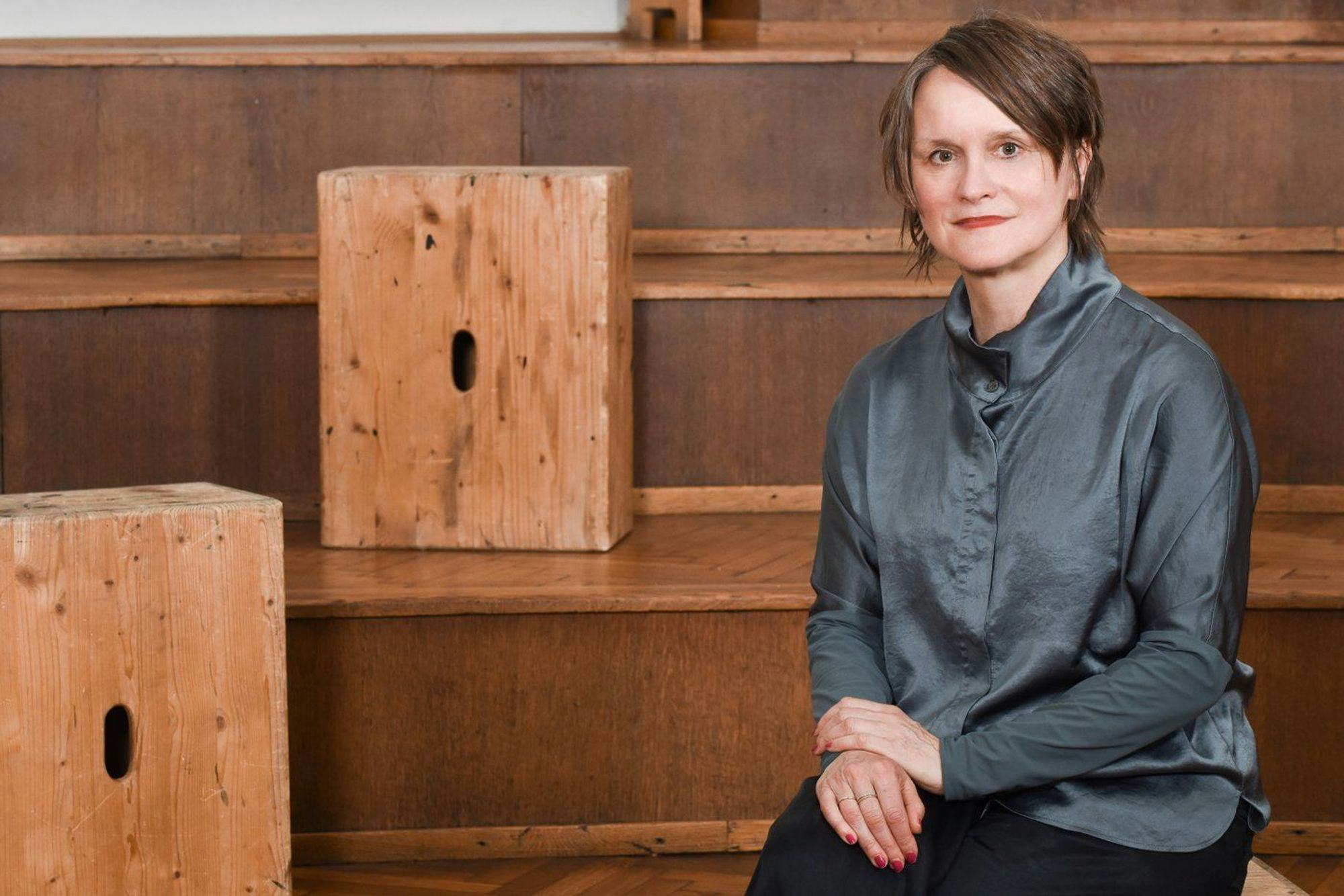
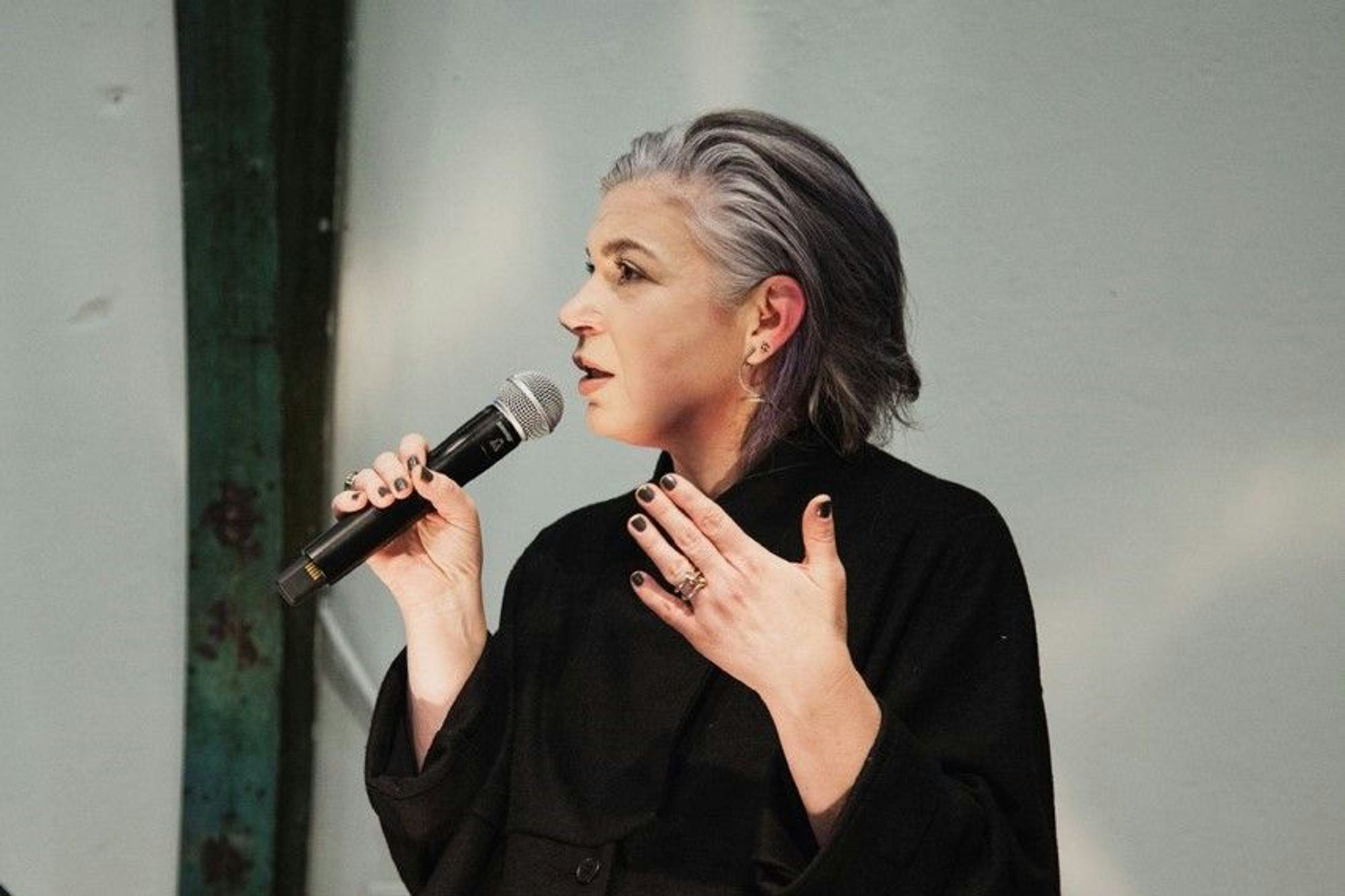
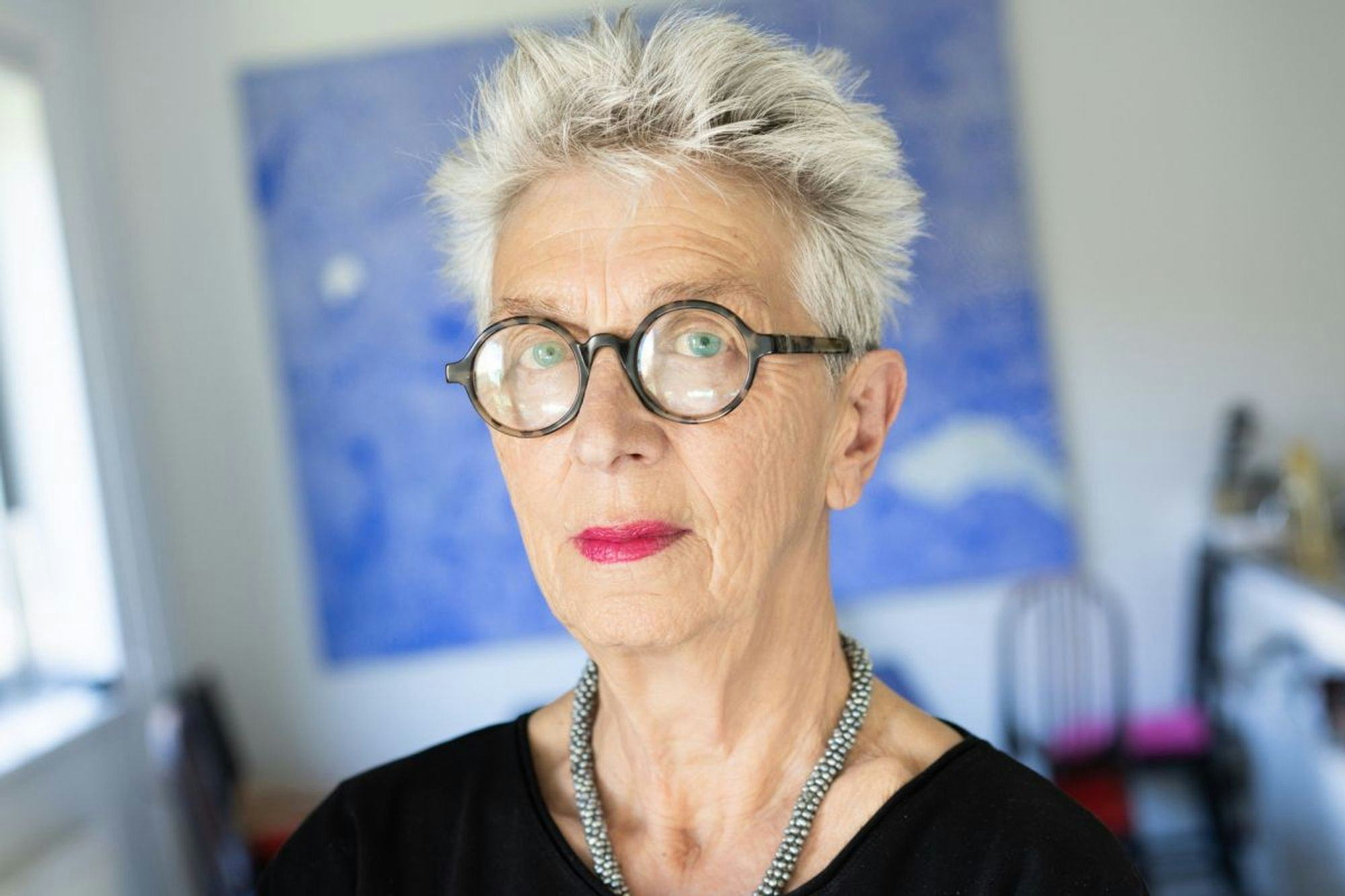
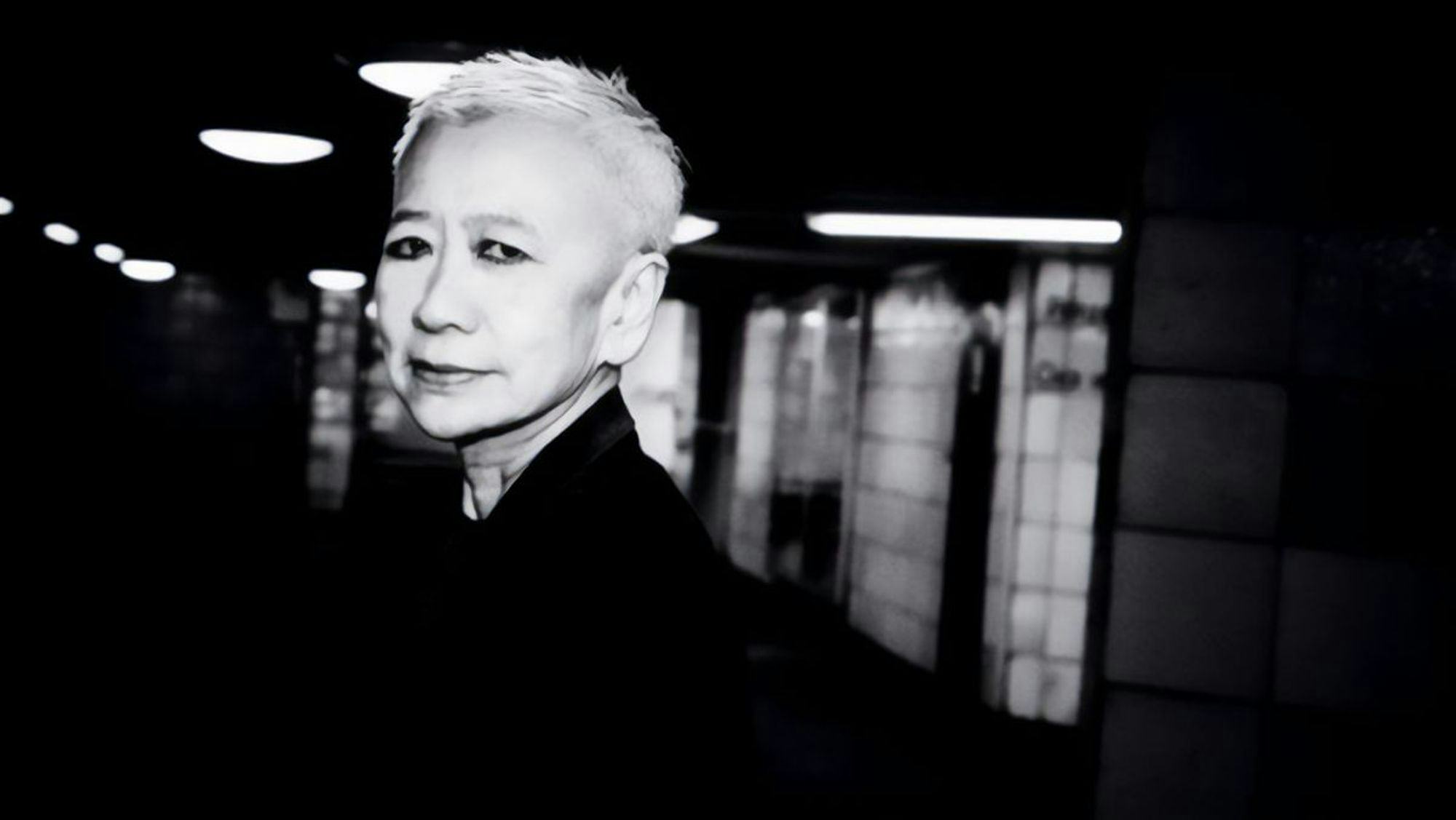
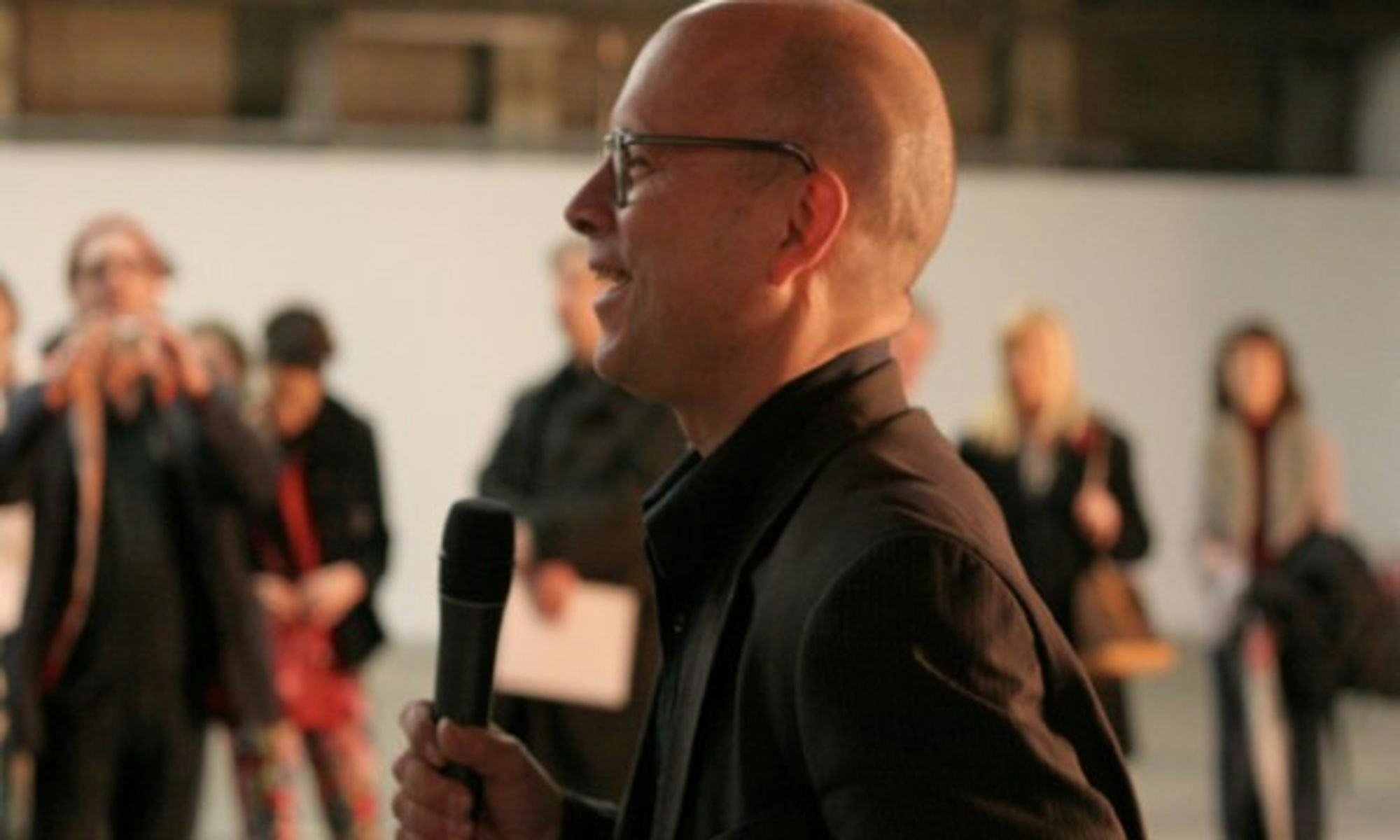
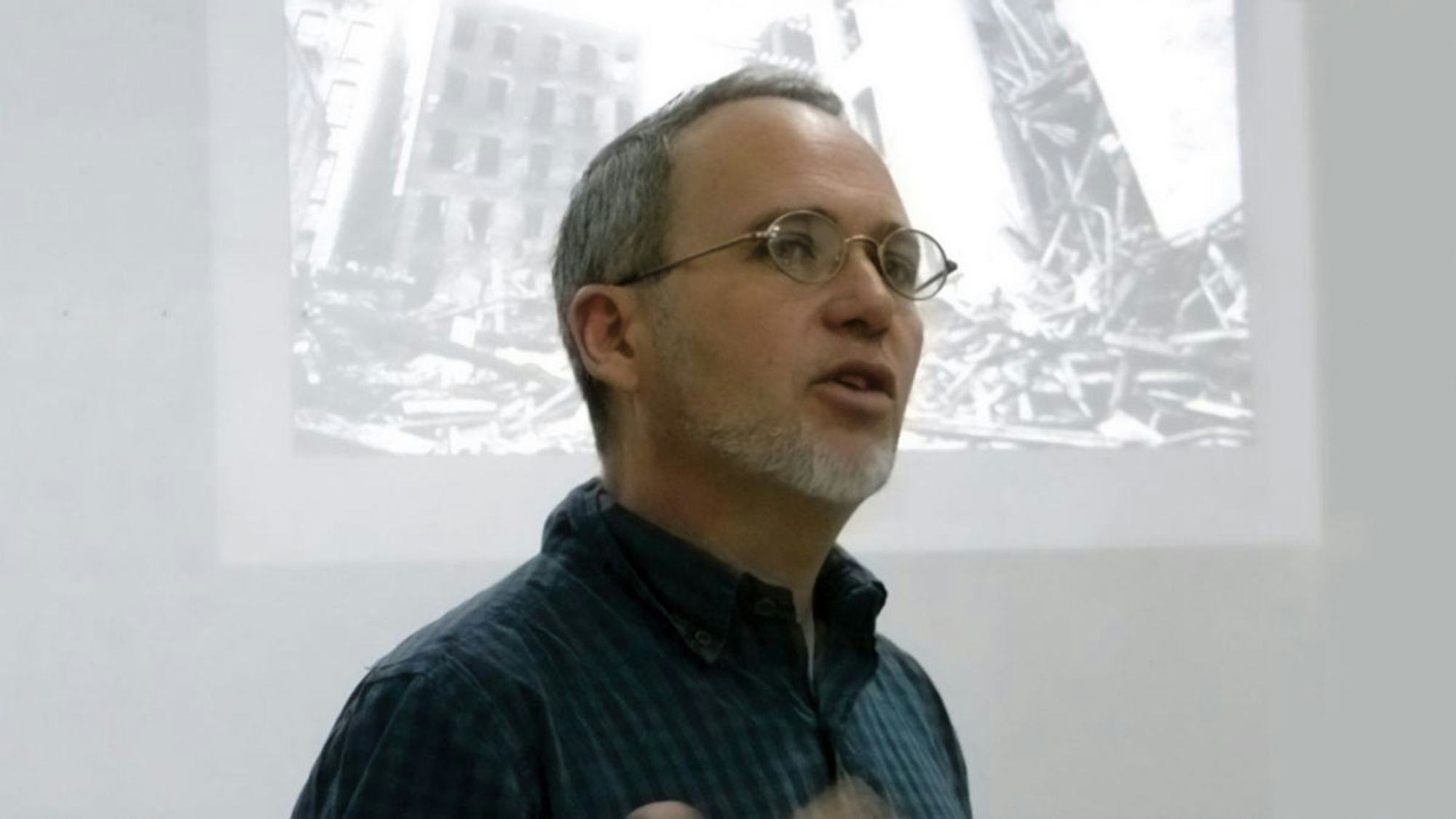
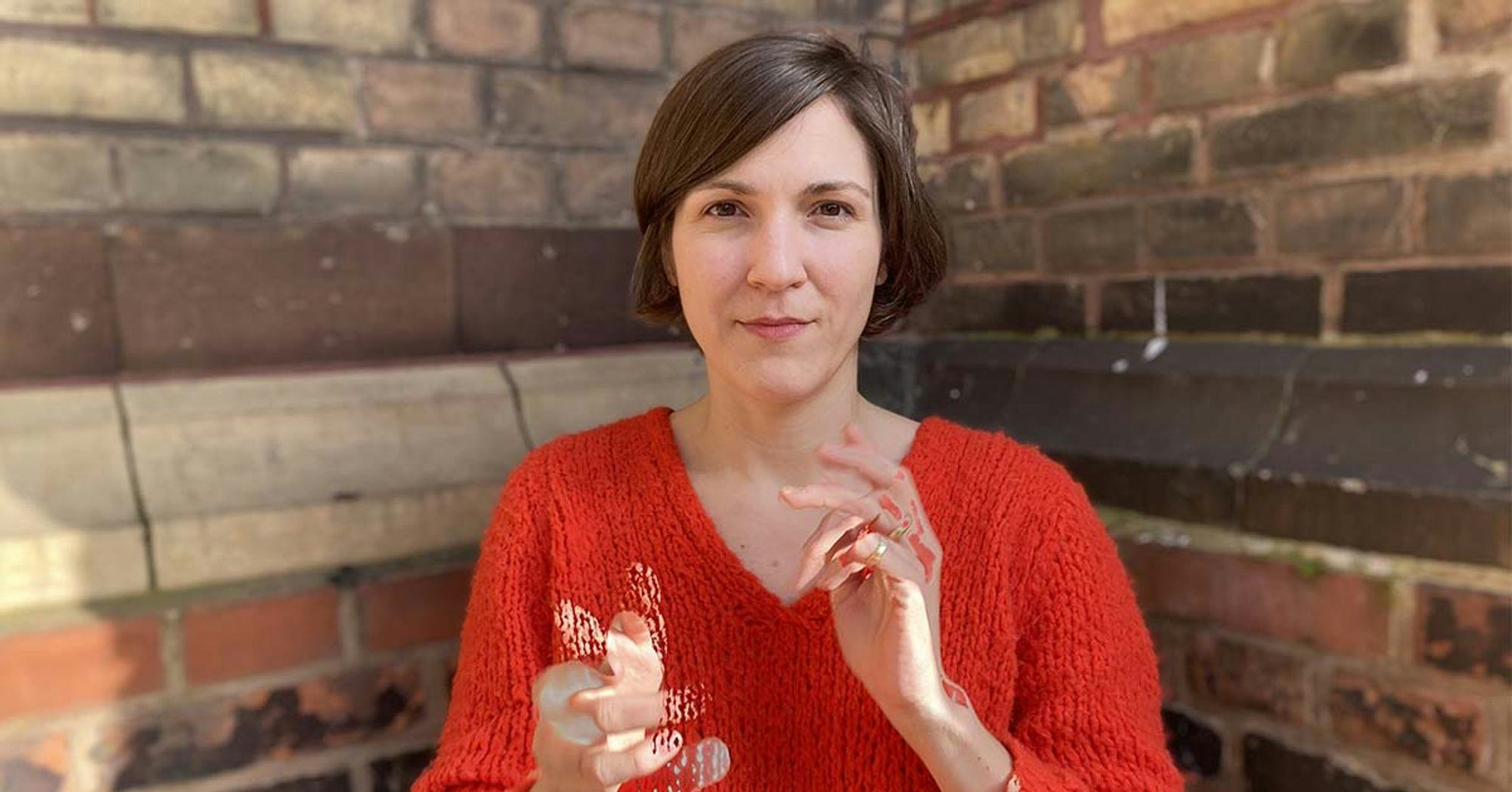
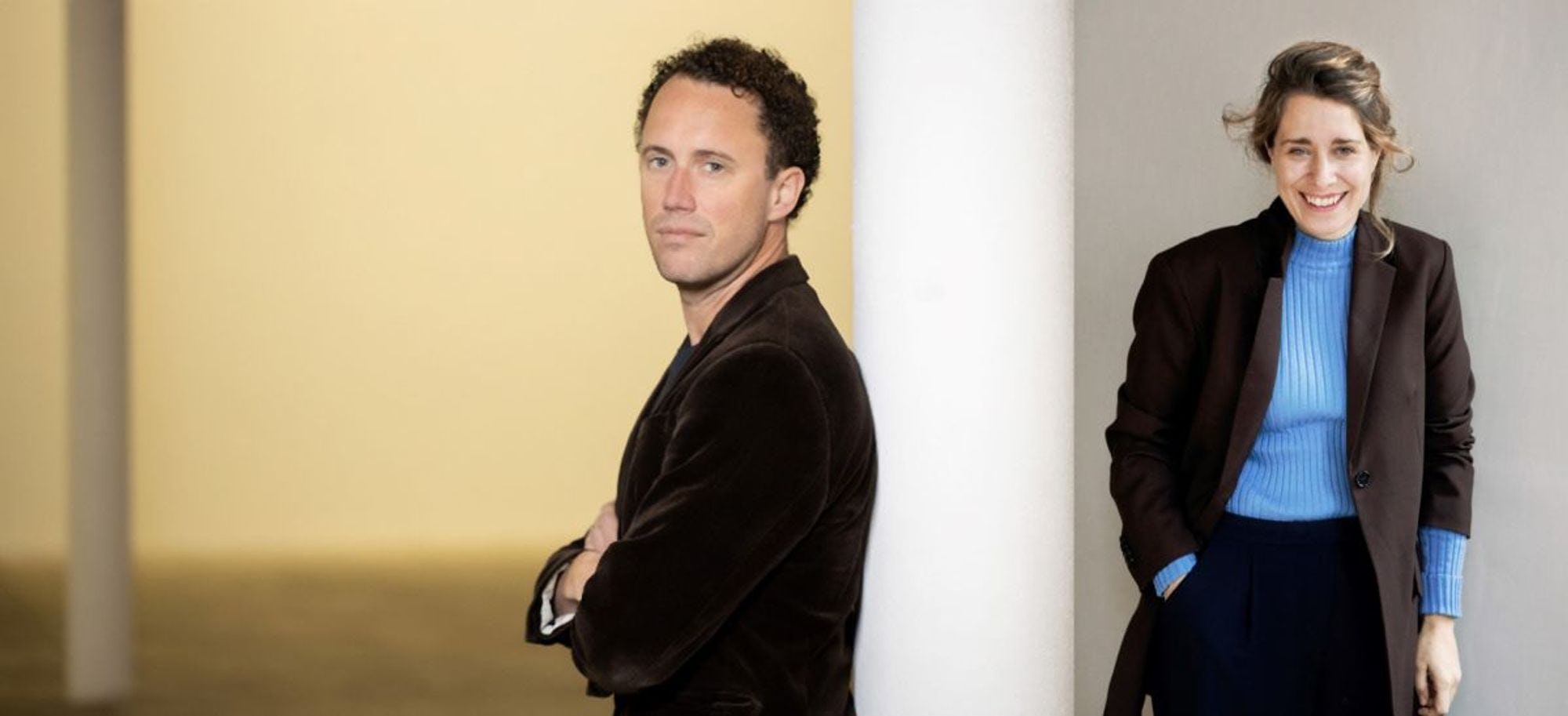
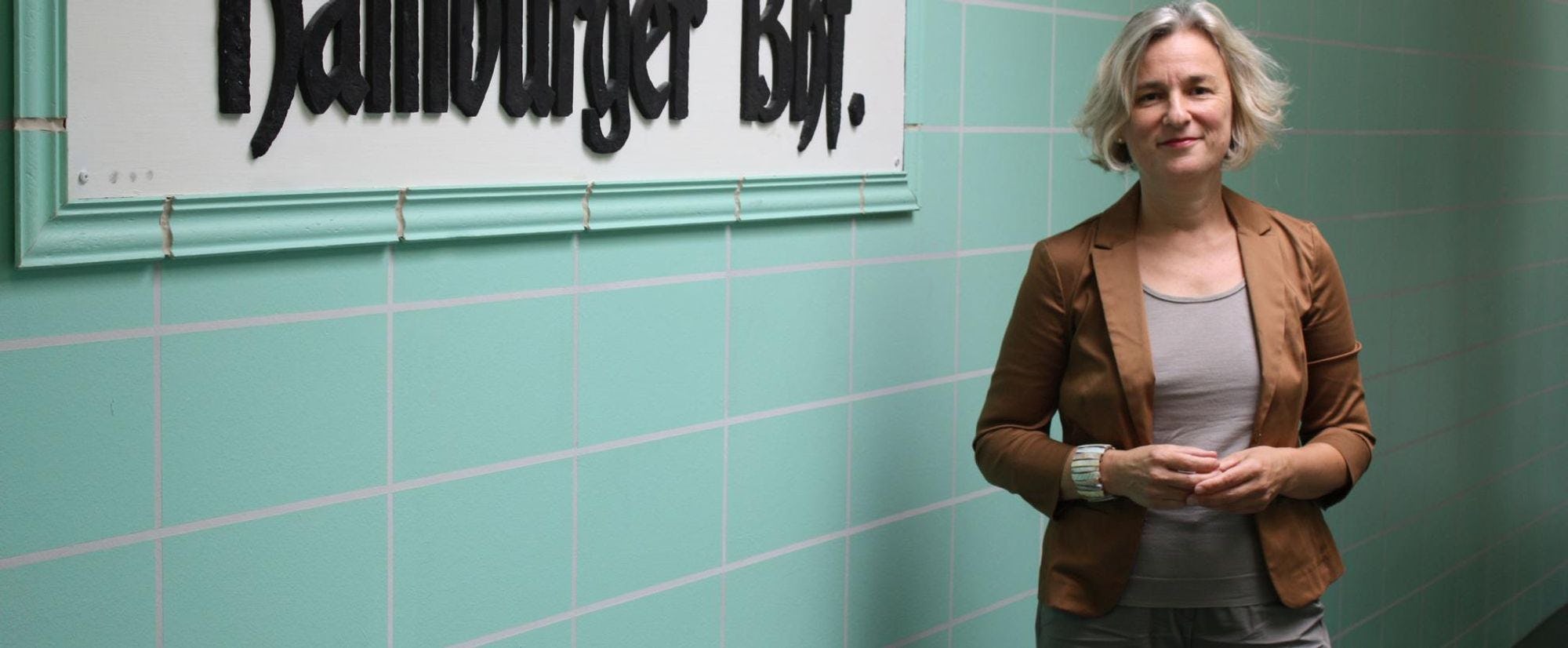
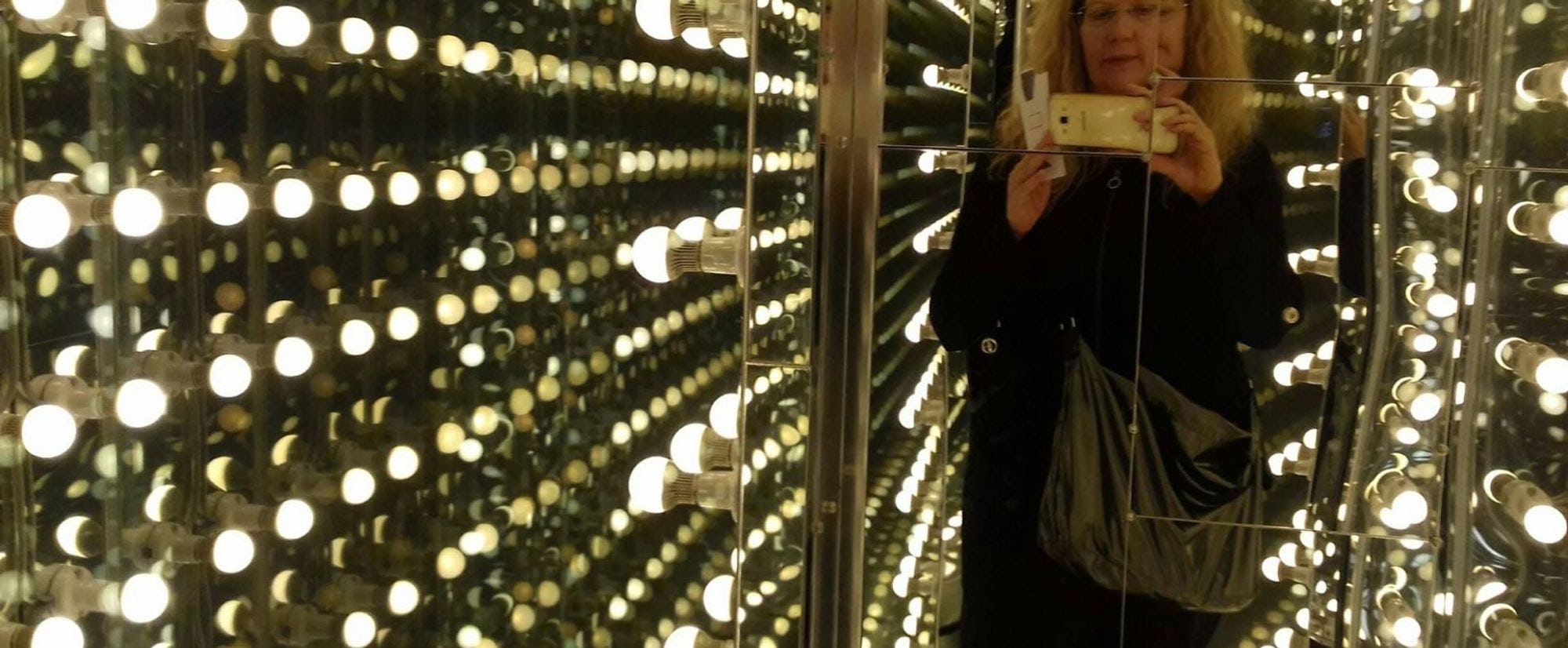
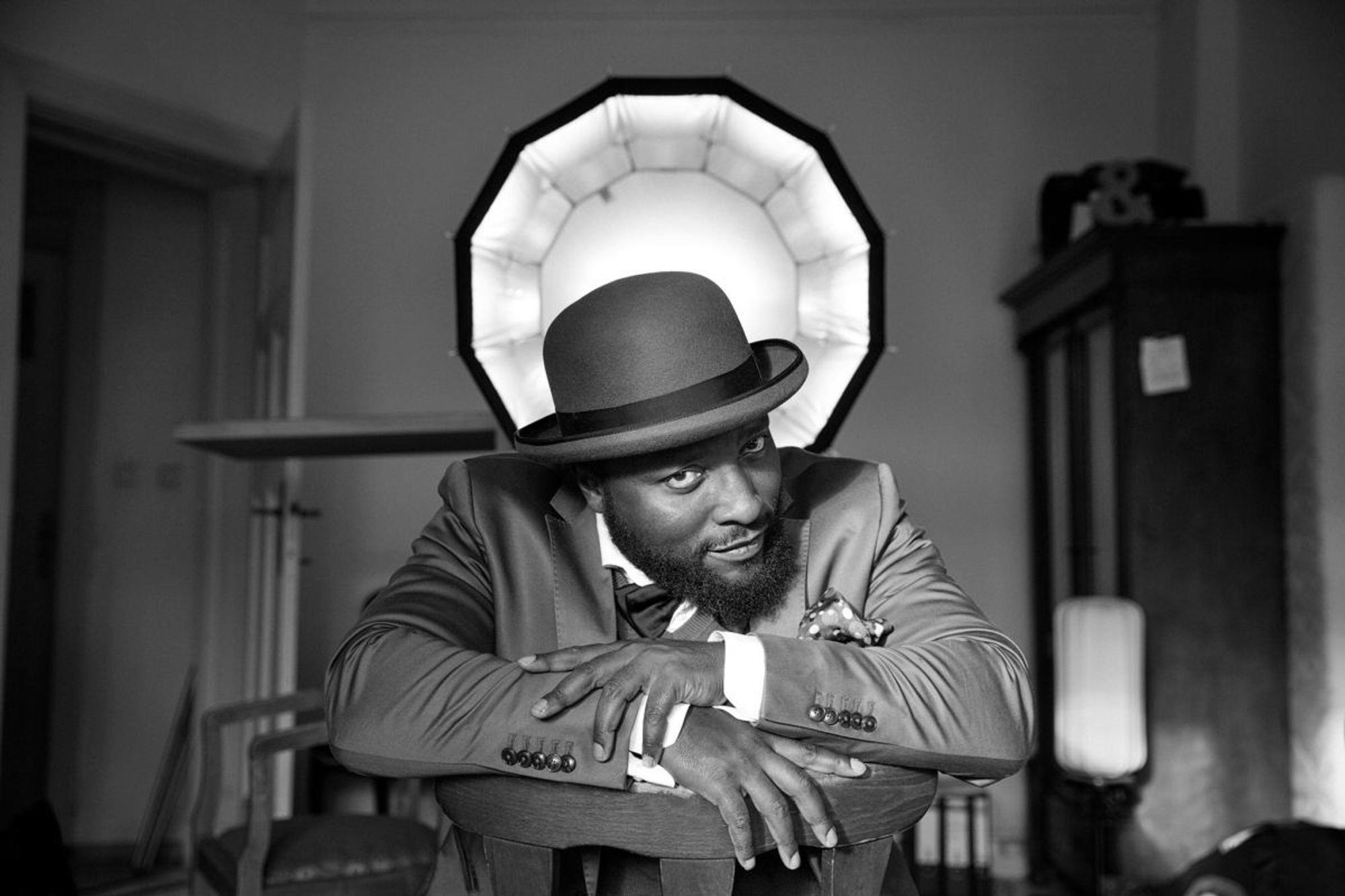
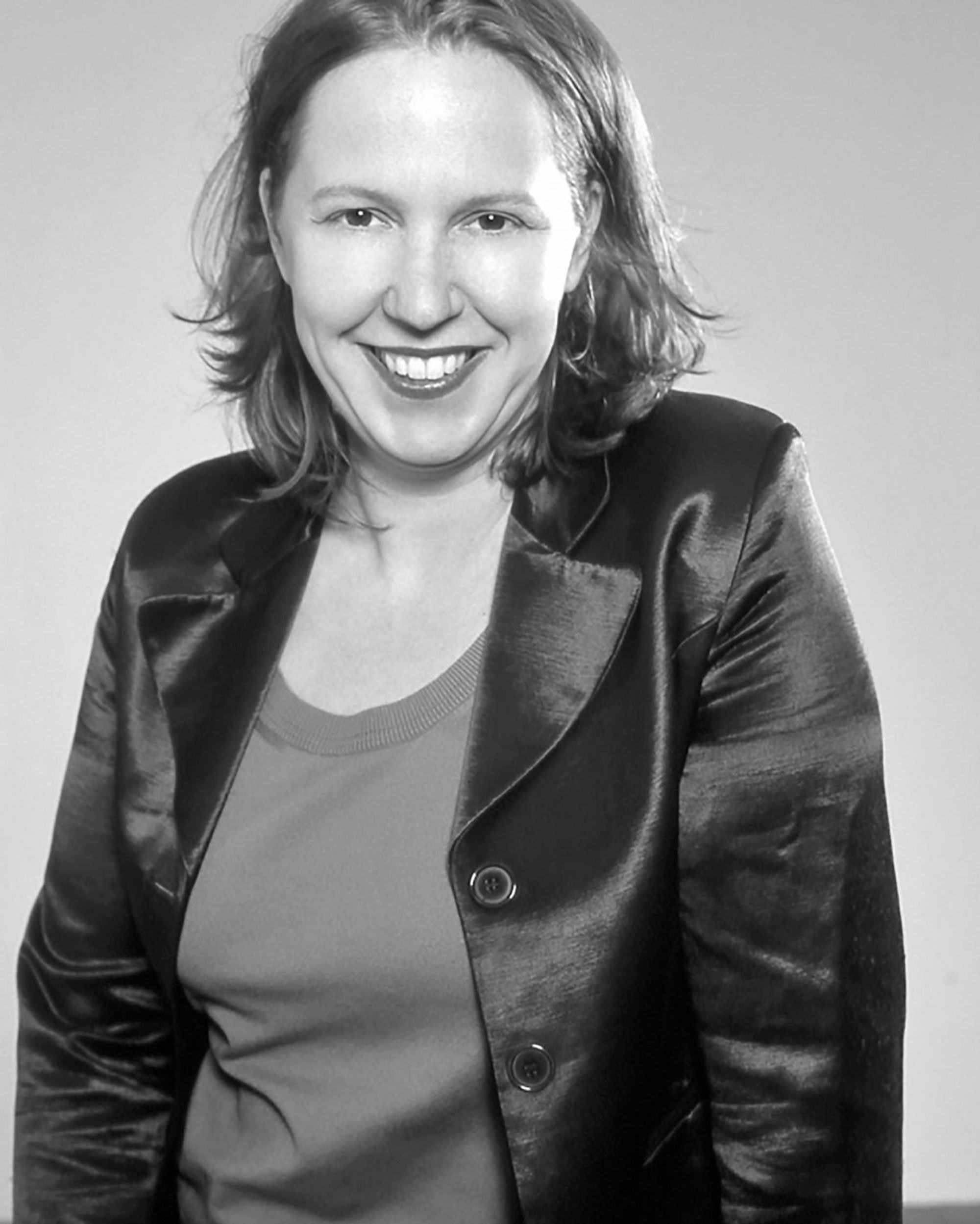
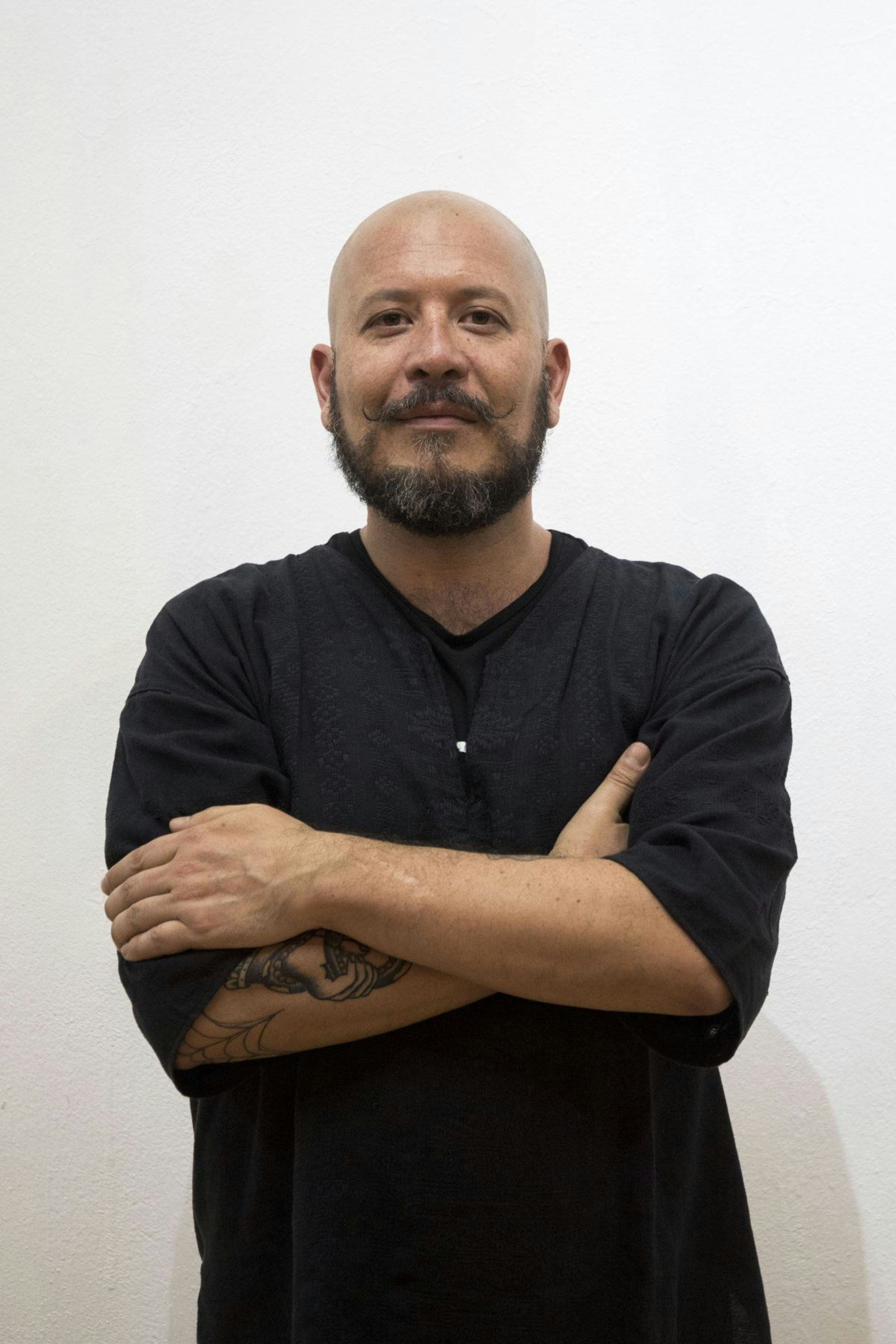
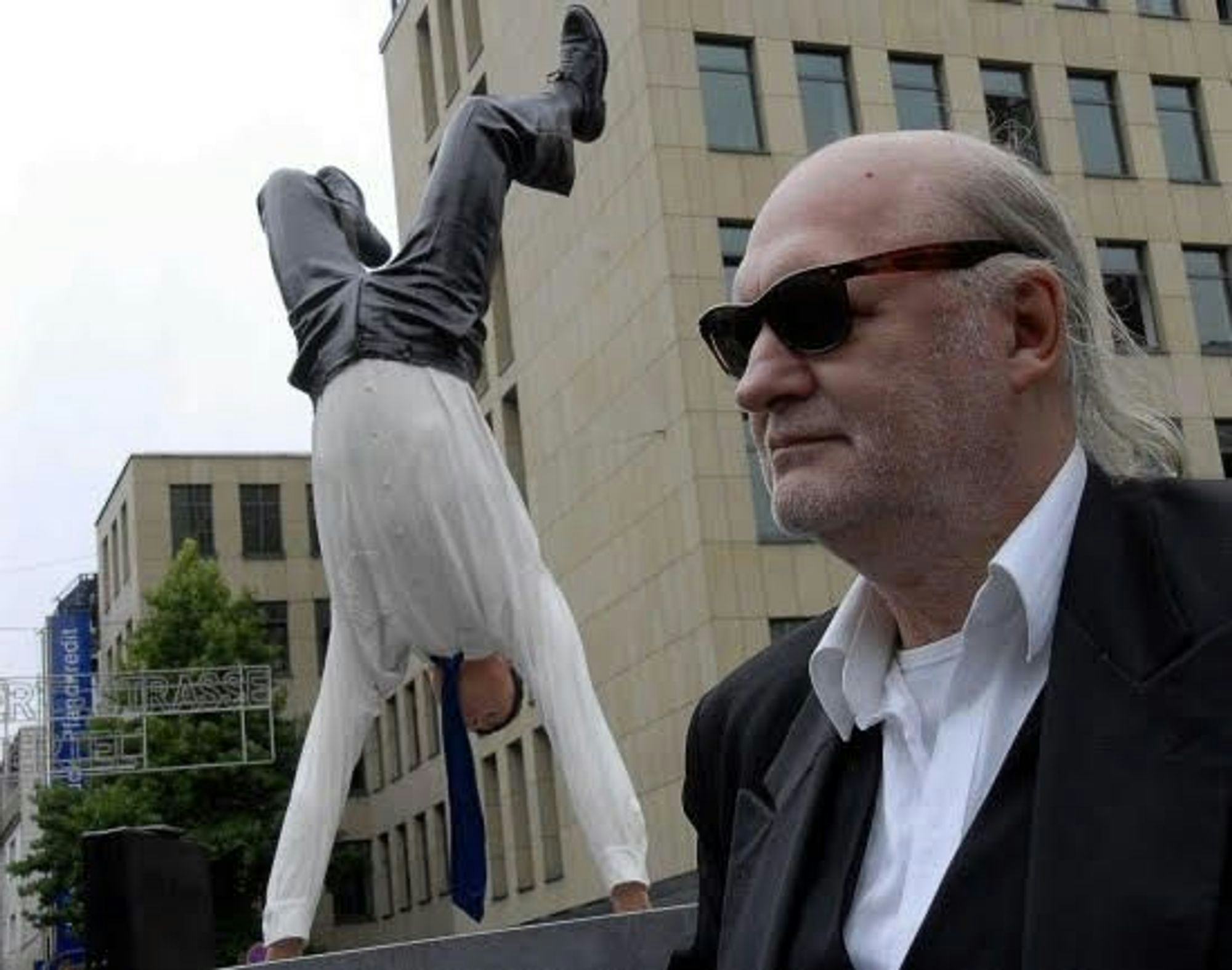
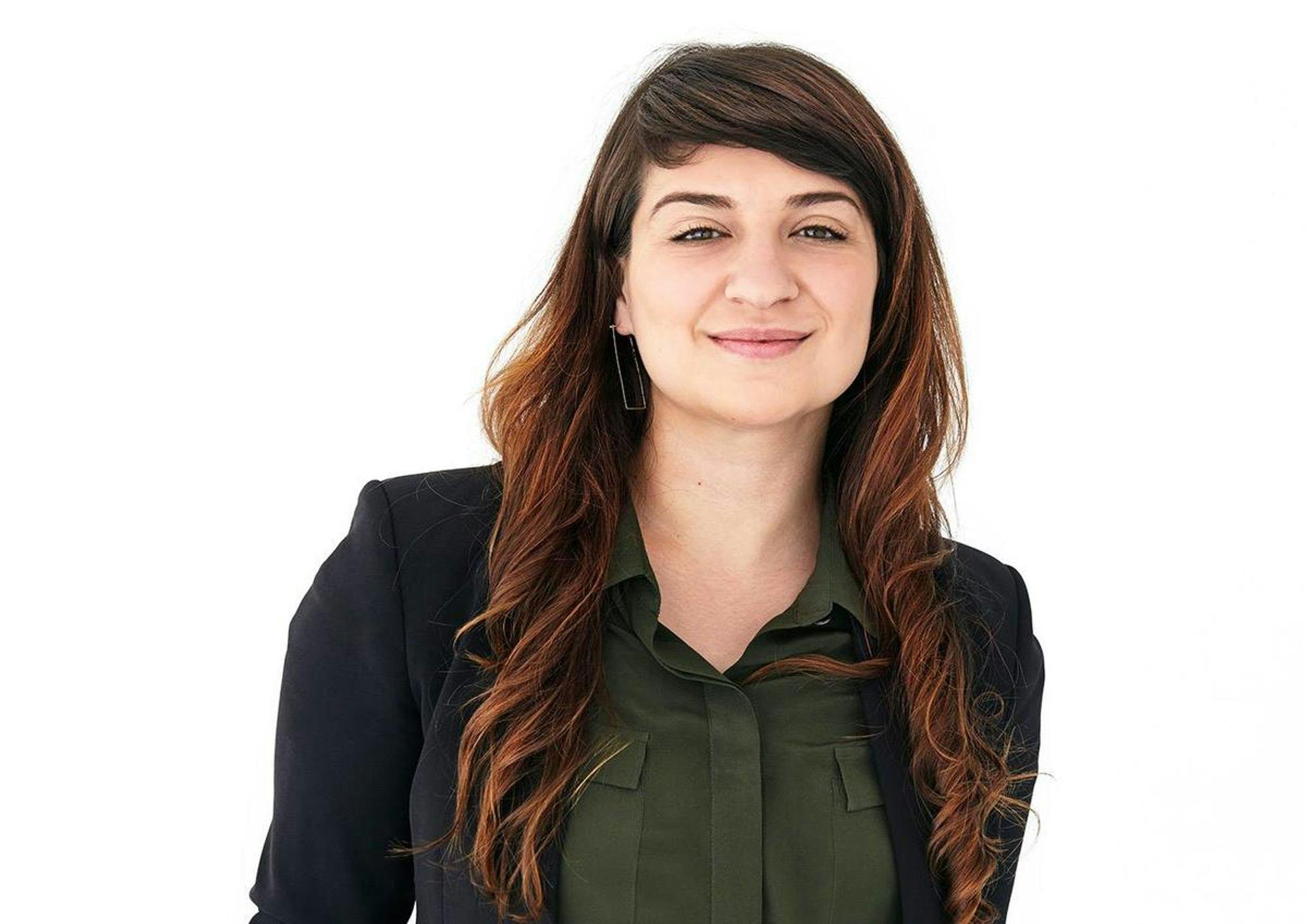
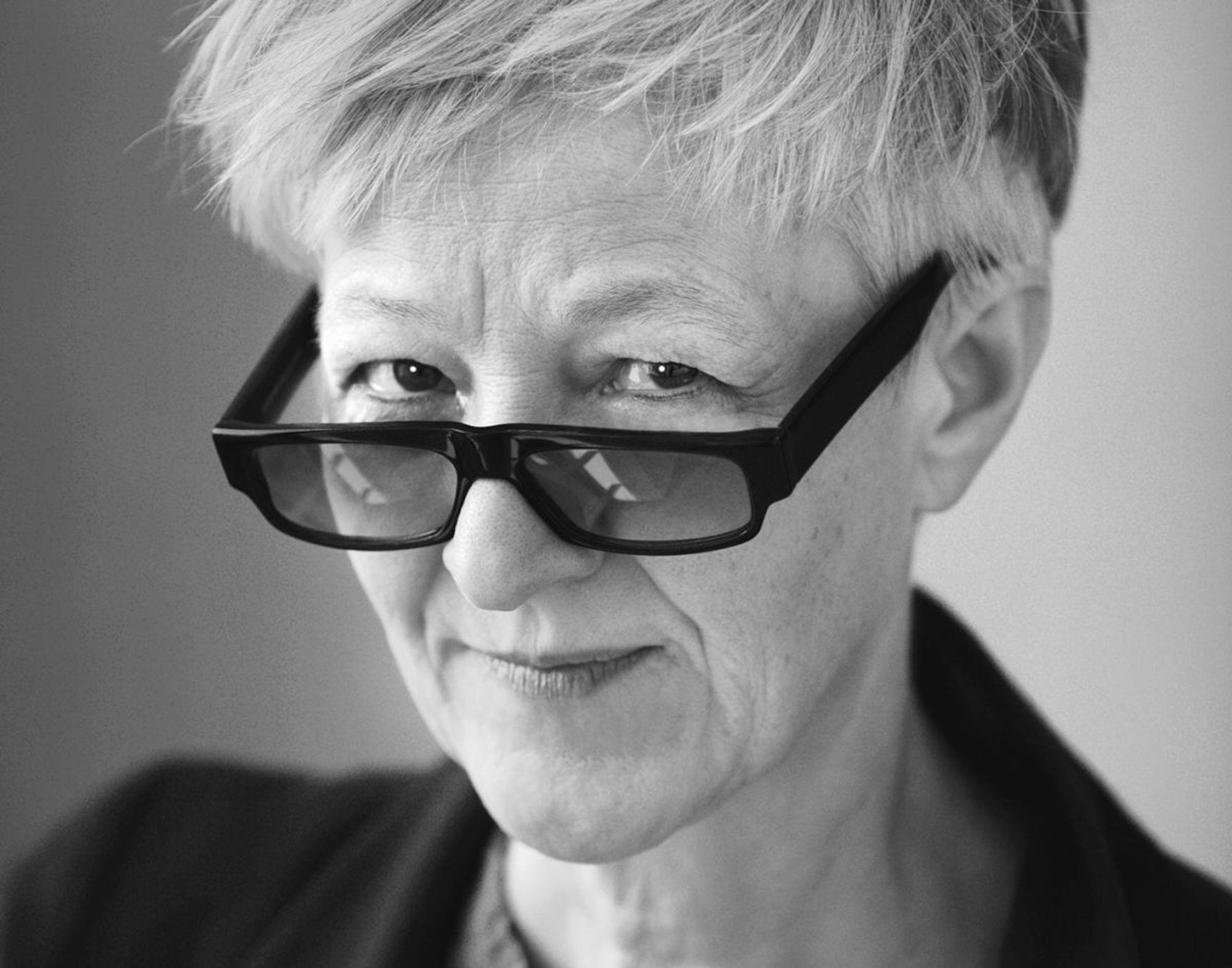
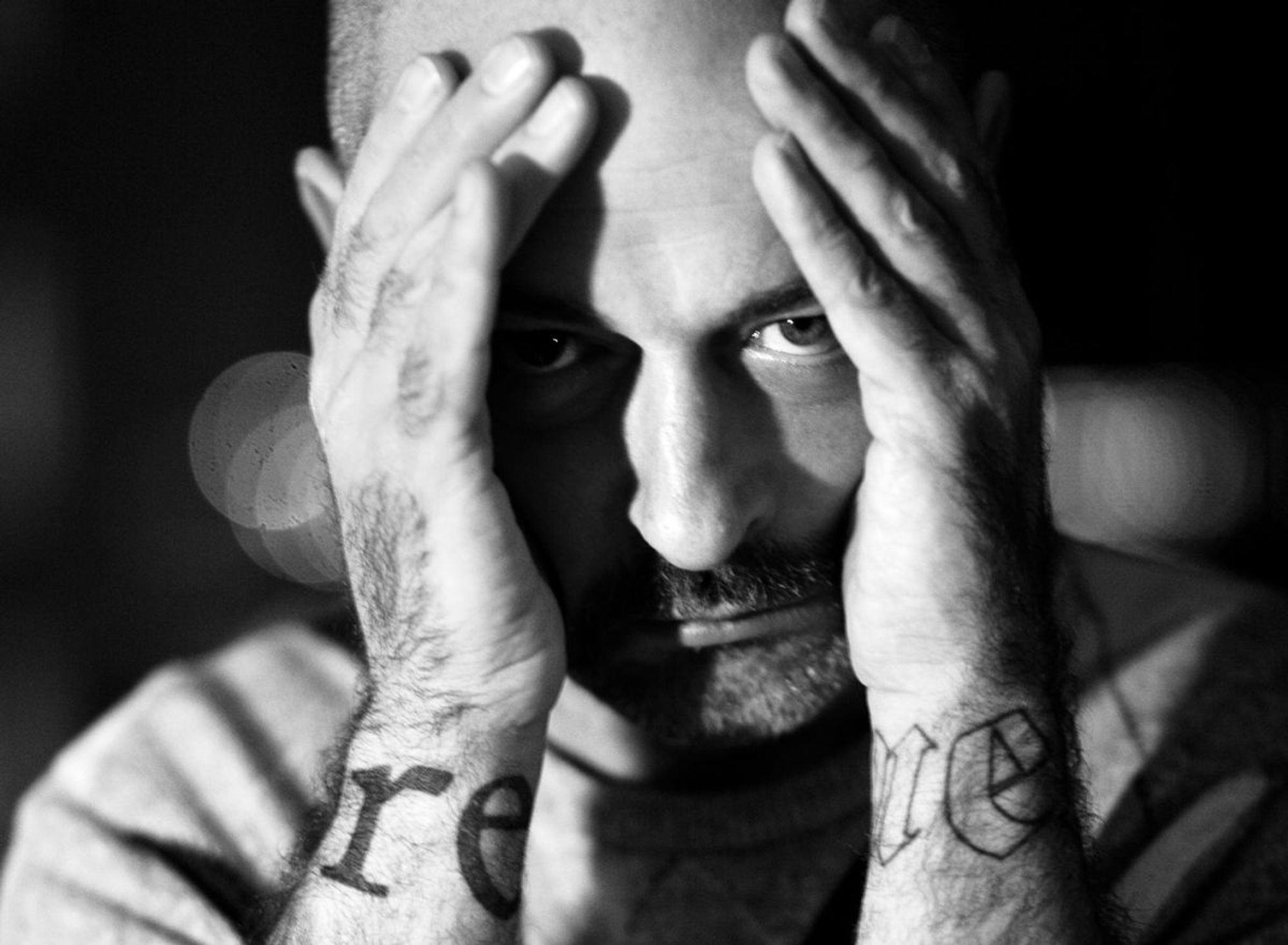
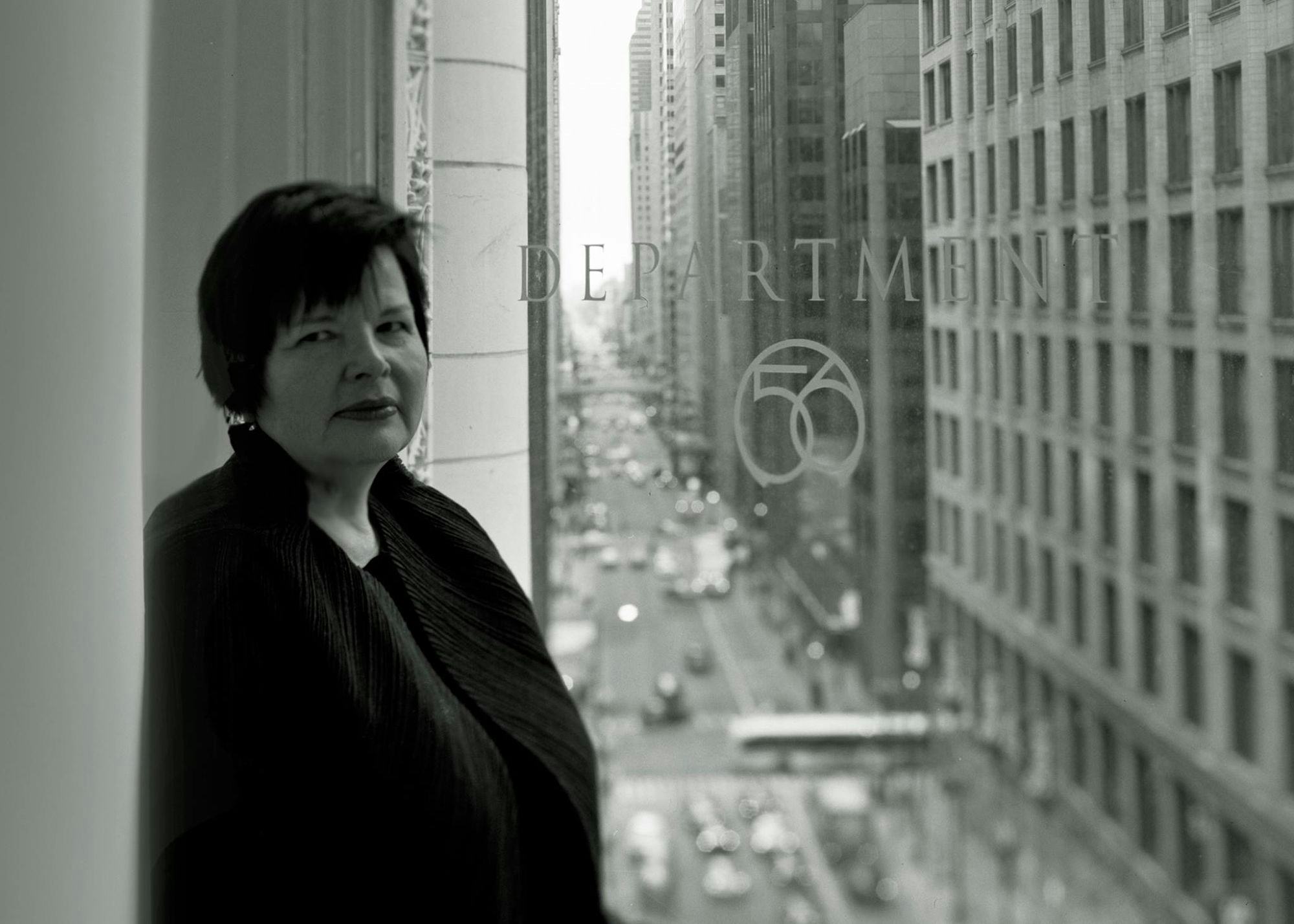
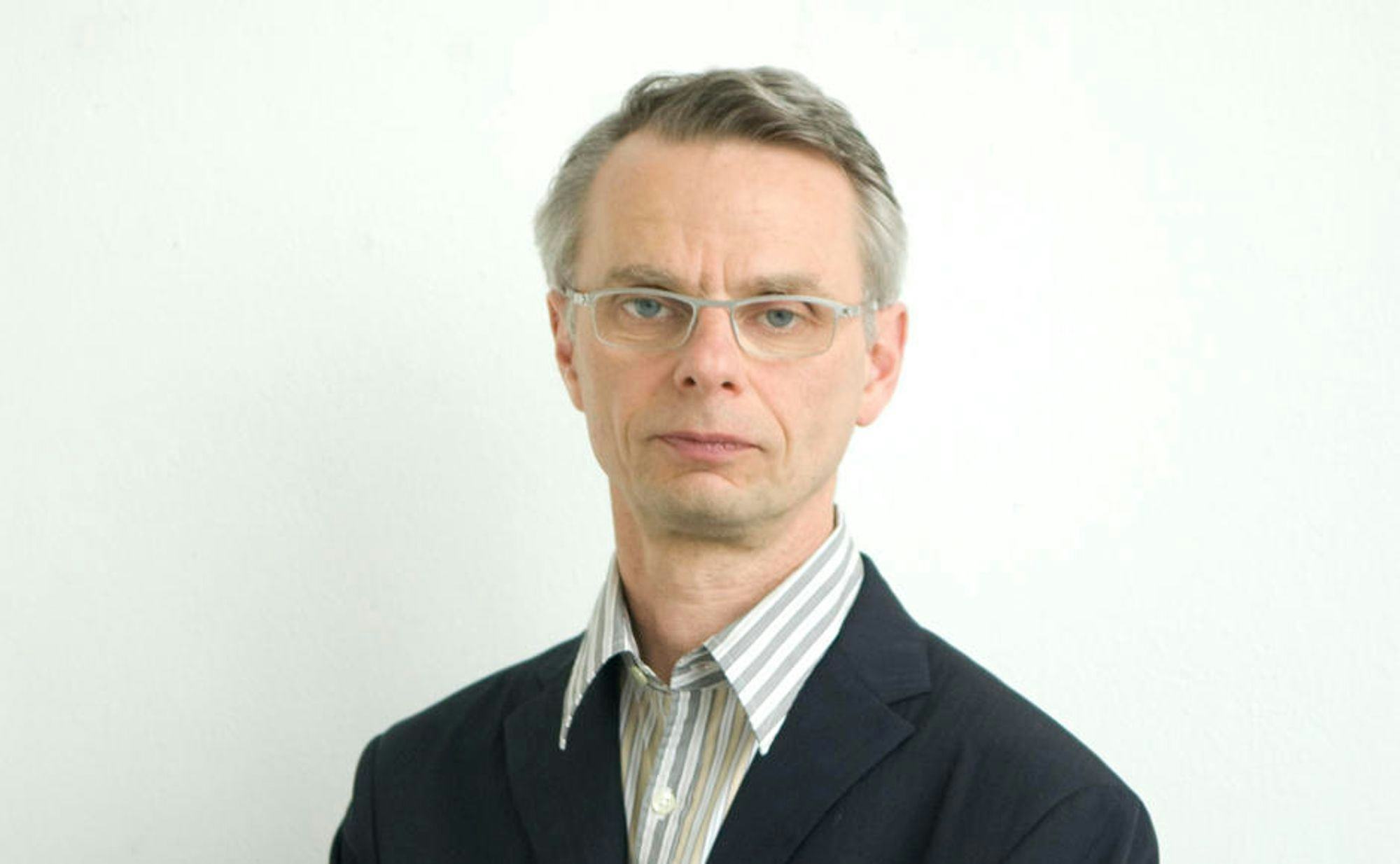
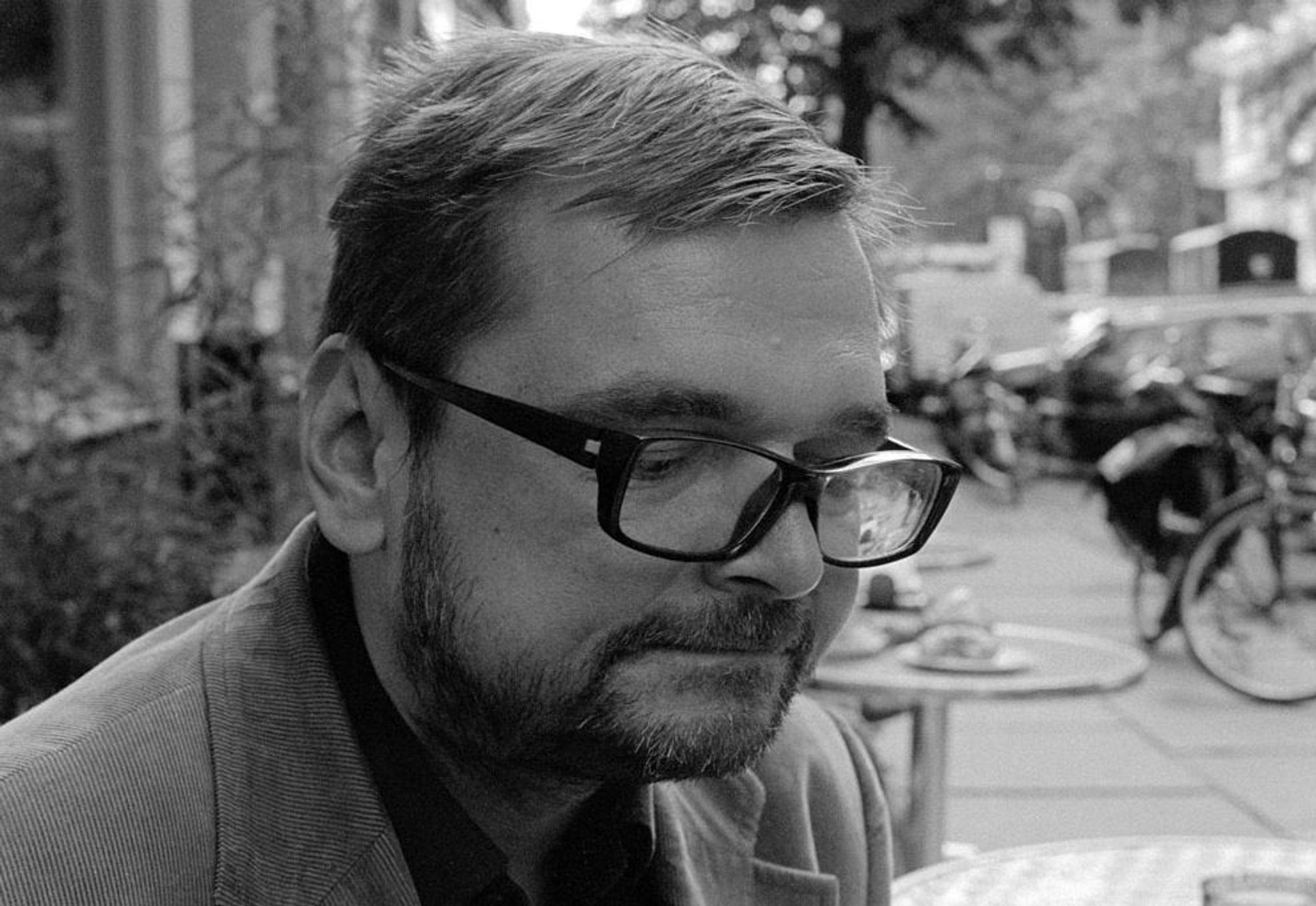
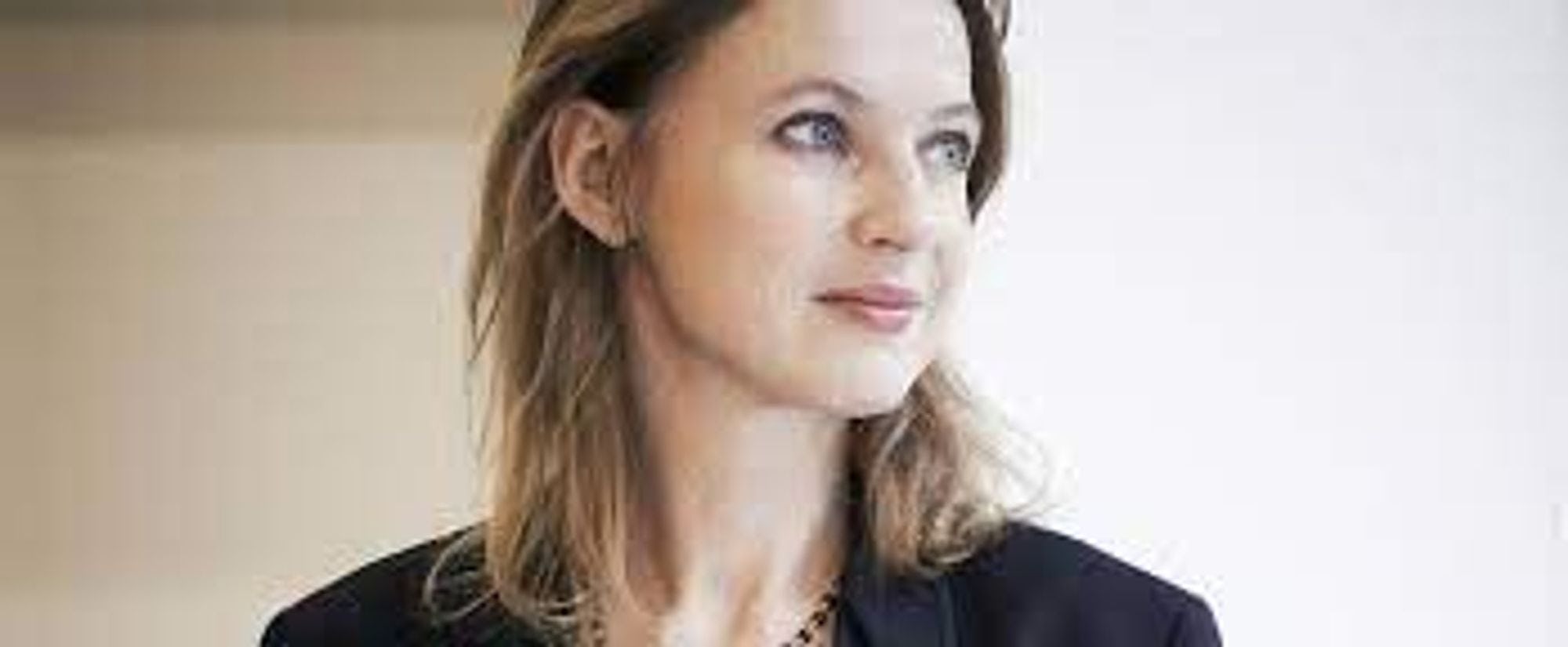
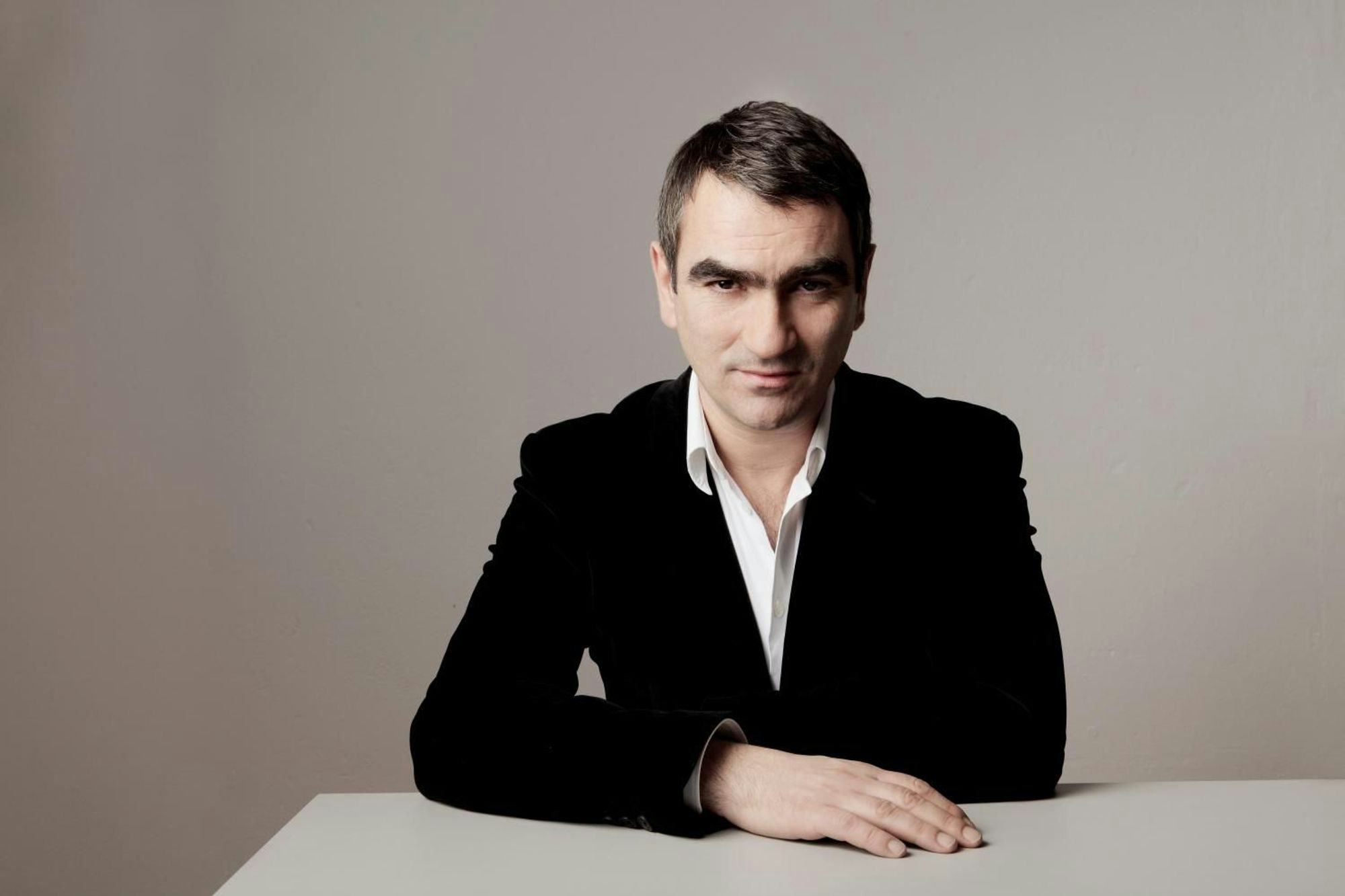
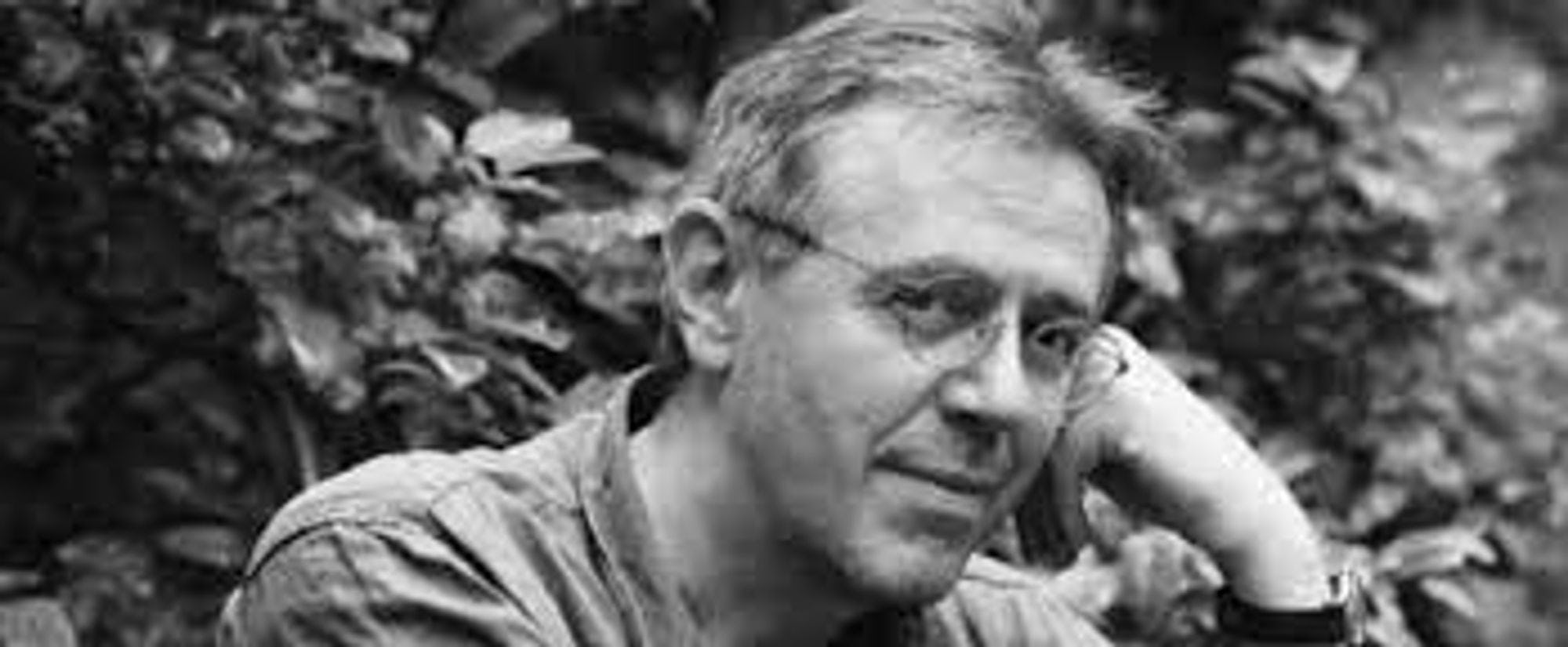
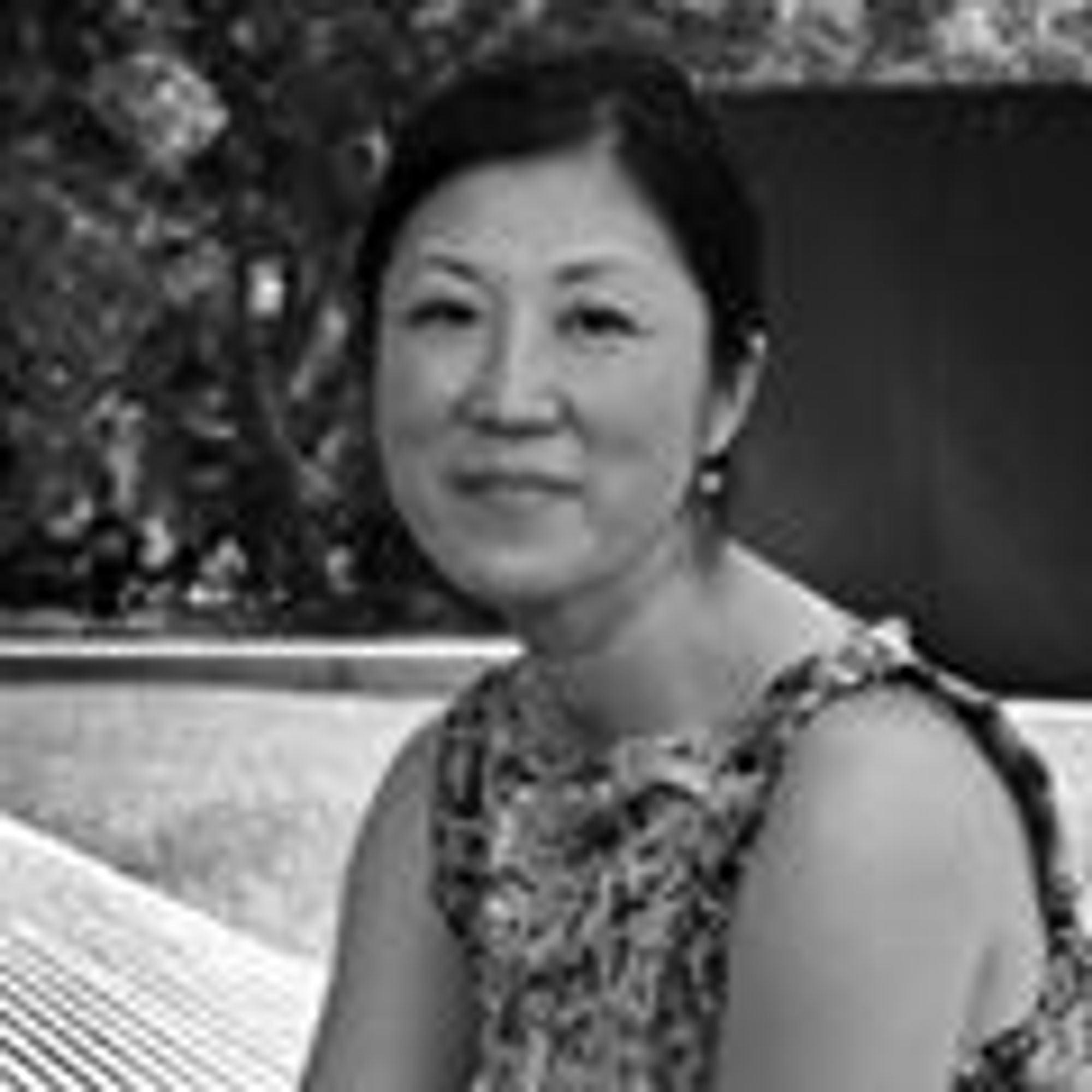
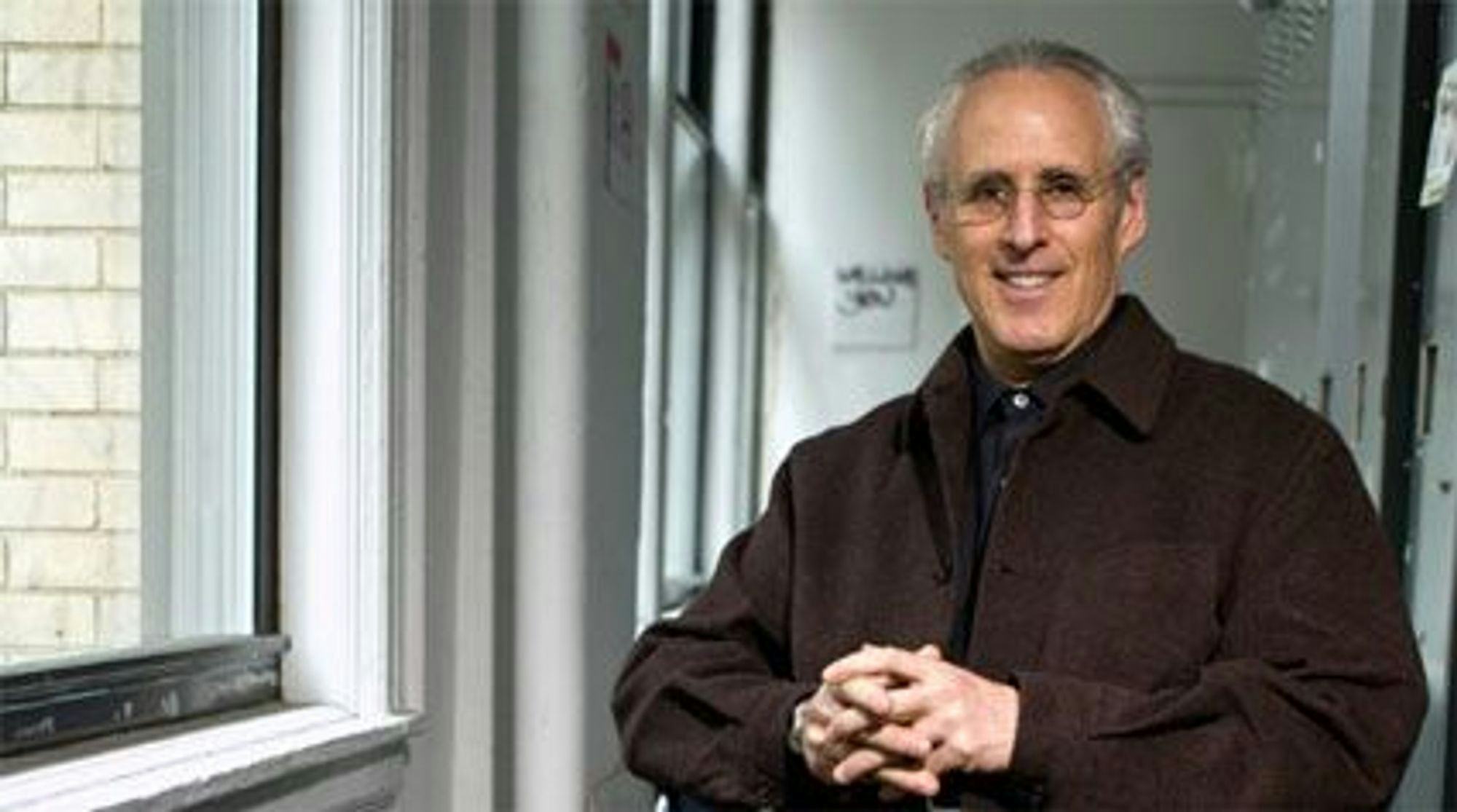
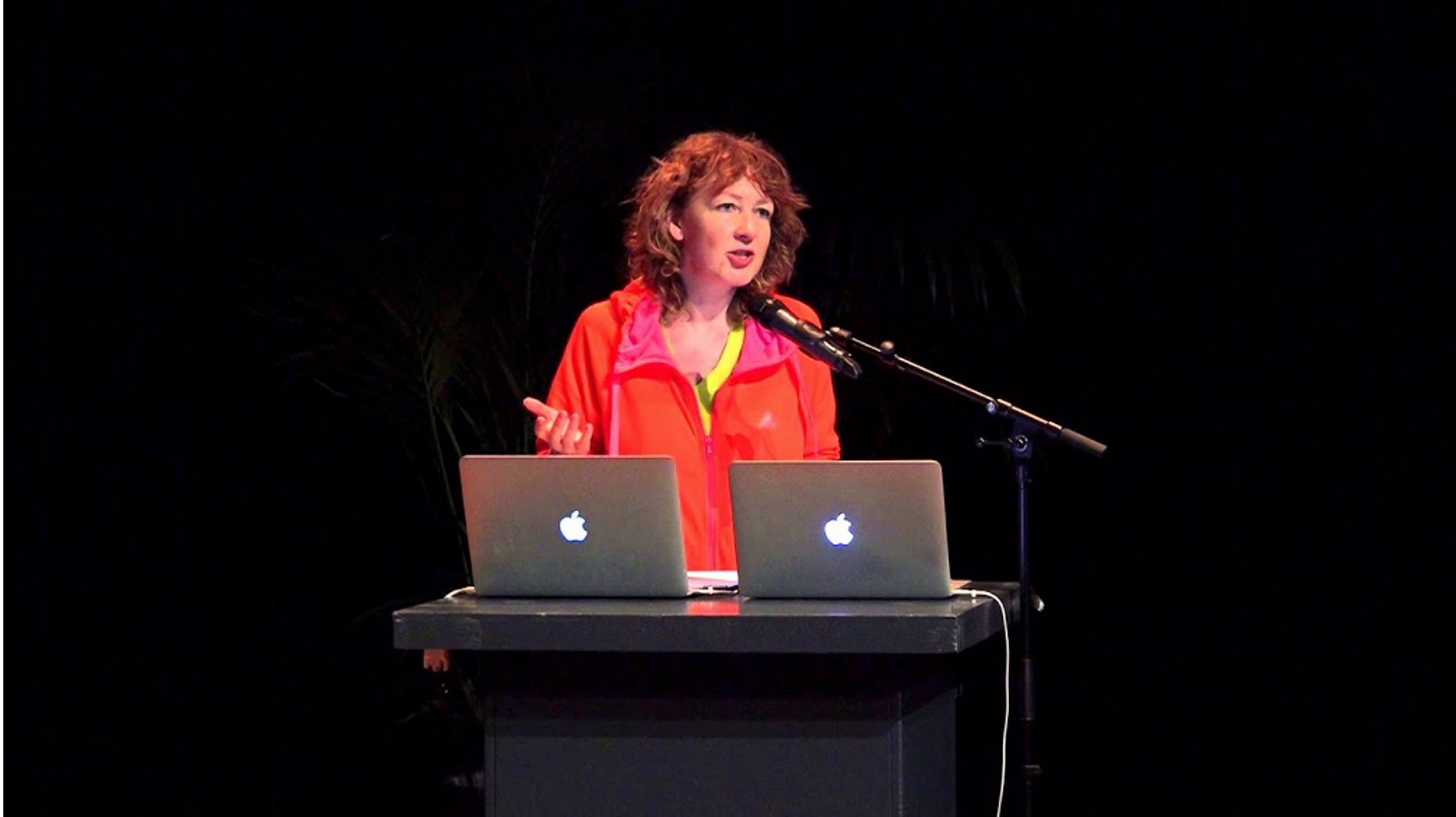
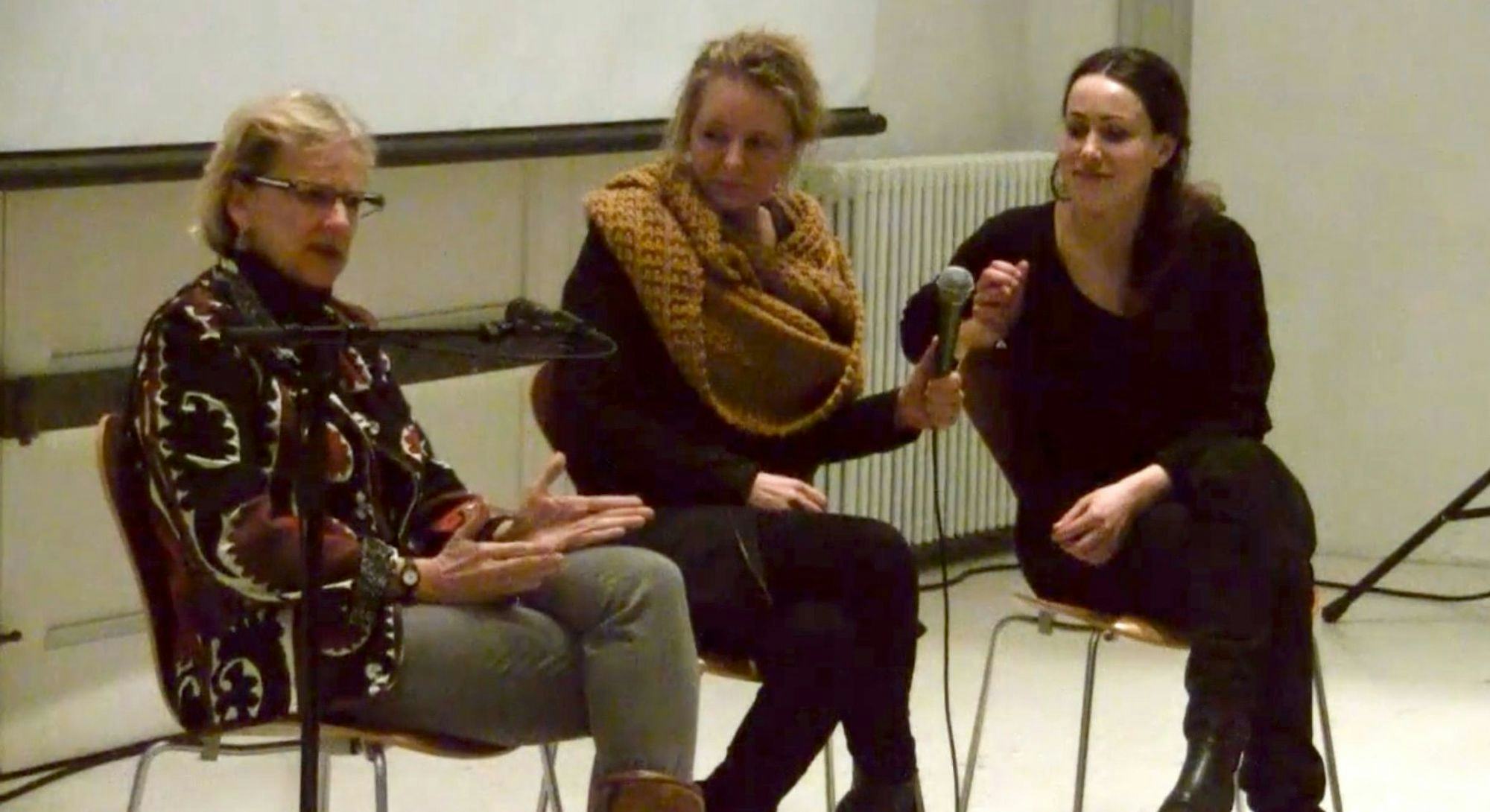
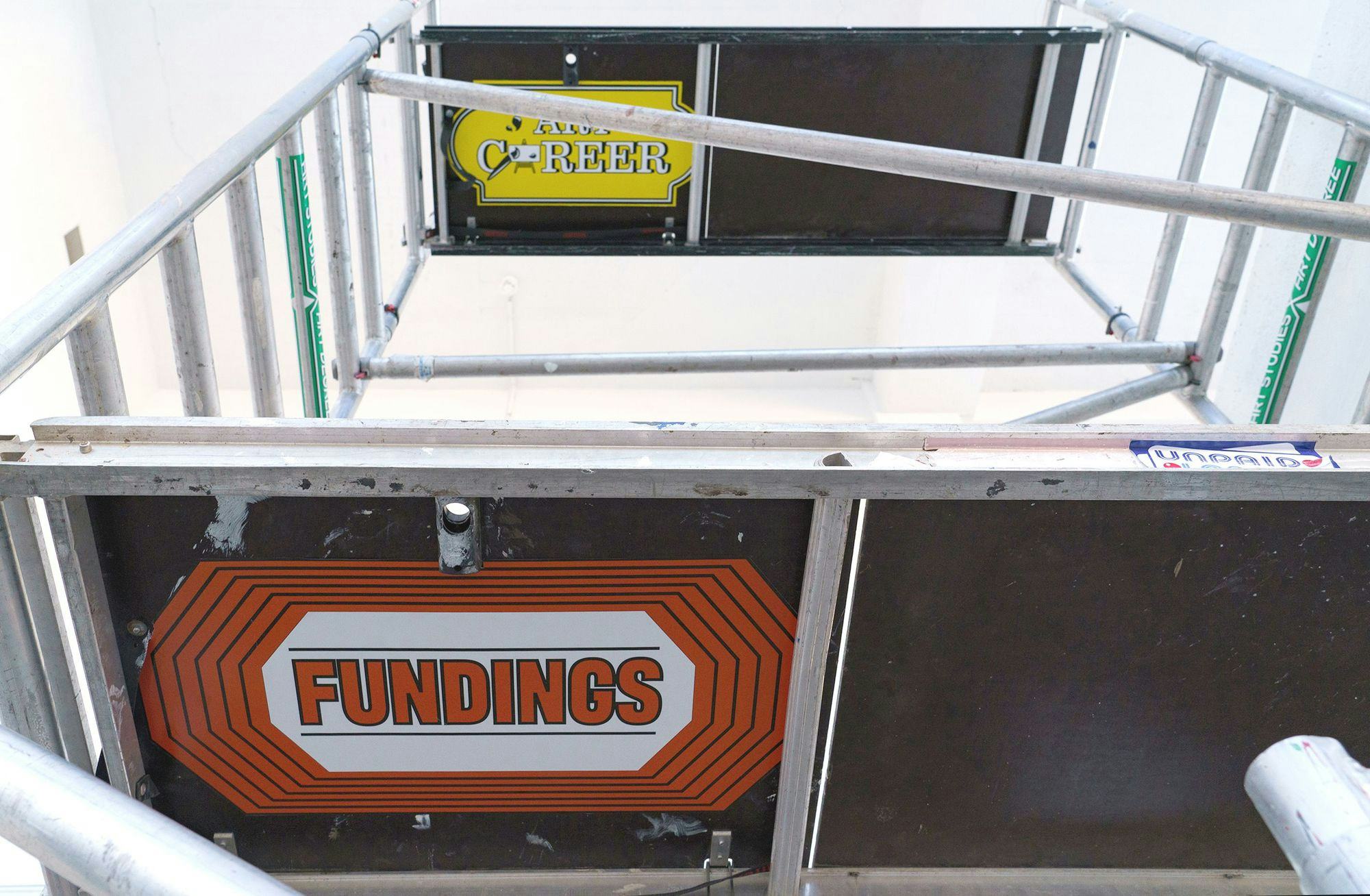
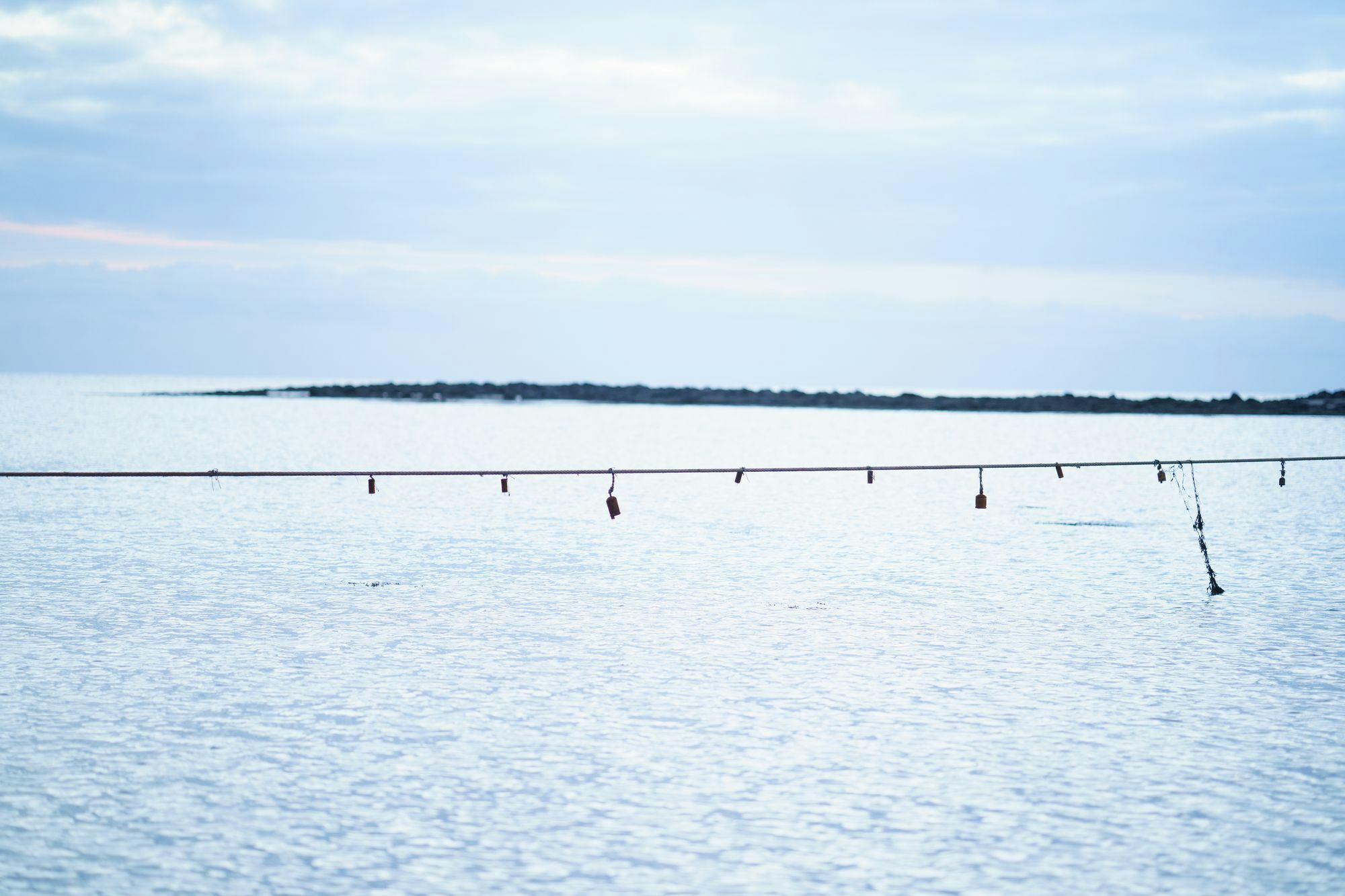
-icelandic-pavilion-2000x2667.jpg&w=2048&q=80)

